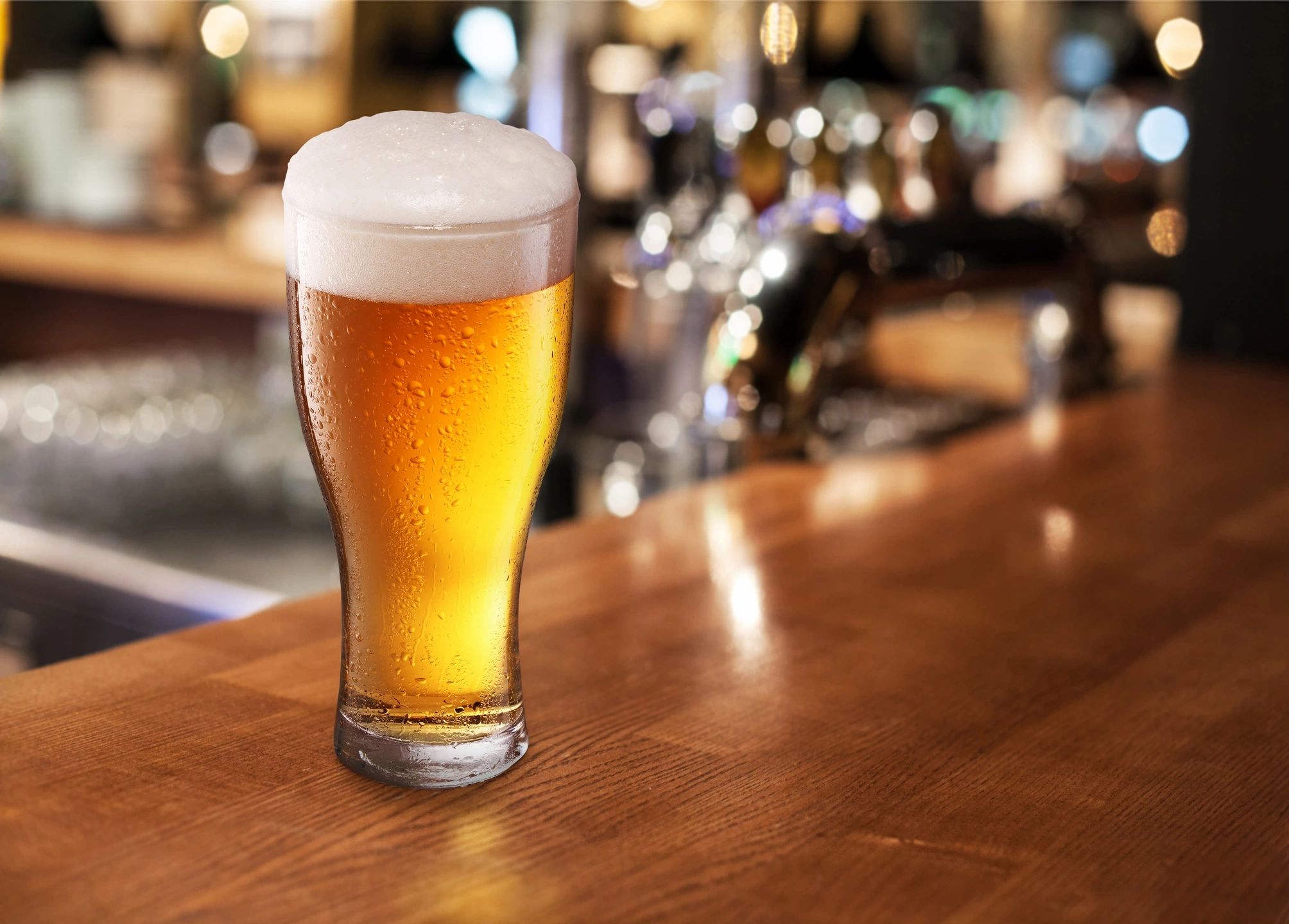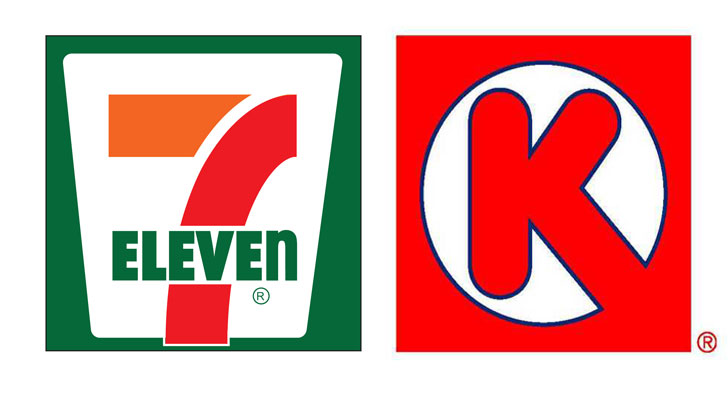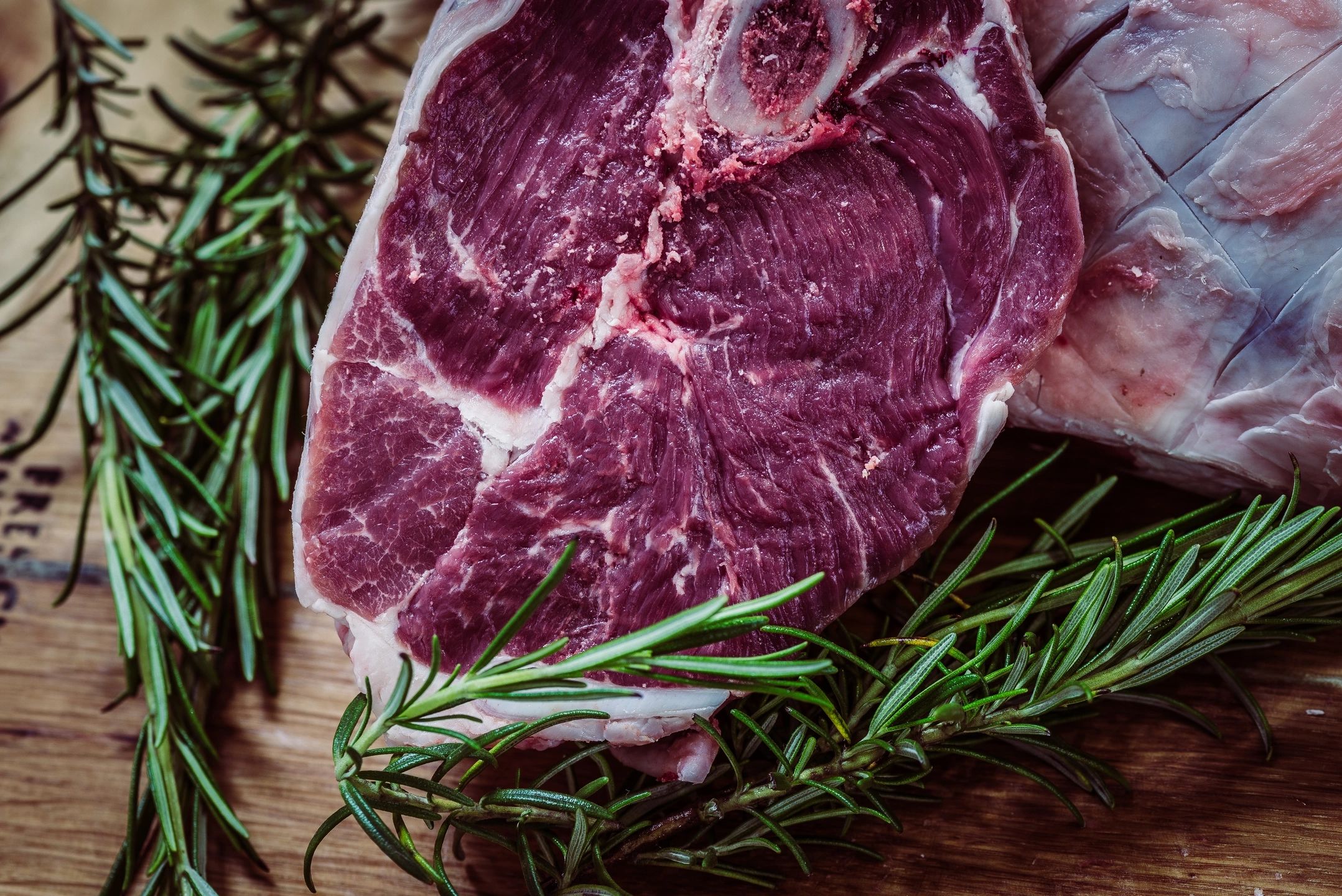As politicians and newly appointed cabinet ministers leave Queen’s Park for a long summer break, debates continue over the cost of fast-tracking a key policy of the Ford government.
In late May, Ontario Premier Doug Ford held a news conference at a familiar spot: a Toronto gas station with temporary shelves of beer, wine, and mixed drinks displayed behind him.
Ford, along with his finance minister, announced an accelerated timeline for the already public plan to sell beer in grocery stores and corner stores. Originally set for early 2026, the phased expansion will now begin on August 1.
Starting September 5, eligible convenience stores will be able to sell beer, cider, wine, and ready-to-drink cocktails. By October 31, all grocery stores and big box stores will be allowed to sell these products, including large-pack sizes. The government stated that these changes will eventually create up to 8,500 new locations in Ontario where people can purchase alcohol.
Ford and Finance Minister Peter Bethlenfalvy mentioned that up to $225 million had been allocated to assist The Beer Store with the transition and to keep some stores operational.
However, the Ontario Liberals argue that the actual cost exceeds $1 billion.



